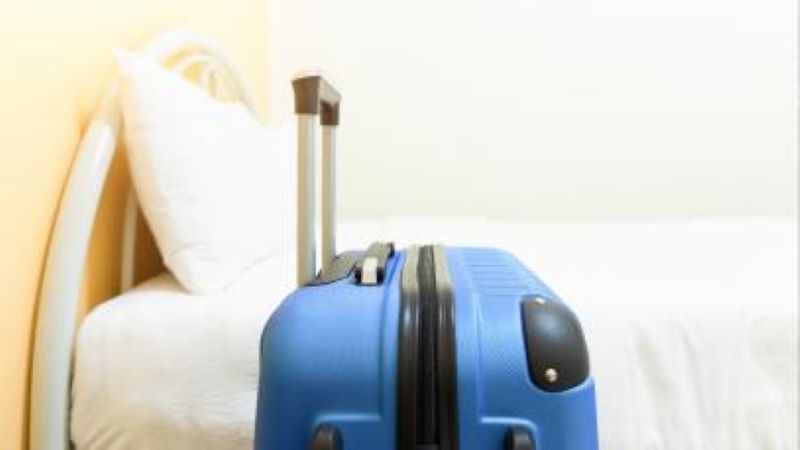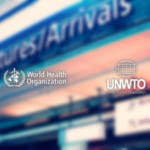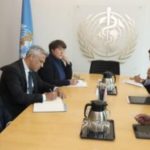
(TAN): The scale of disruption caused by COVID-19 to global tourism is shown in a comprehensive new report on travel restrictions from the World Tourism Organization (UNWTO). The landmark report, published at a time of unprecedented disruption for the sector, shows that almost all global destinations have imposed restrictions on travel since January 2020, including complete bans on all travel as they work to contain the pandemic.
Over recent years, as the United Nations specialized agency for tourism, UNWTO has been regularly monitoring travel facilitation and observing a continuous trend towards more openness. COVID-19 has dramatically interrupted this. According to research carried out for the new report, as of 6 April, 96% of all worldwide destinations have introduced travel restrictions in response to the pandemic. Around 90 destinations have completely or partially closed their borders to tourists, while a further 44 are closed to certain tourists depending on country of origin.
[ALSO READ: Emirates becomes first airline to conduct on-site rapid COVID-19 tests for passengers]
UNWTO Secretary-General Zurab Pololikashvili said: “COVID-19 has impacted travel and tourism like no other event before in history. Governments have put public health first and introduced full or partial restrictions on travel. With tourism suspended, the benefits the sector brings are under threat: millions of jobs could be lost, and progress made in the fields of equality and sustainable economic growth could be rolled back. UNWTO therefore calls on governments to continuously review travel restrictions and ease or lift them as soon as it is safe to do so.”
The UNWTO global review shows that the global regions are largely consistent in their response to COVID-19. In Africa, Asia and the Pacific and the Middle East, 100% of destinations have adopted COVID-19-related restrictions since January 2020. In the Americas, 92% of destinations have taken similar steps, while in Europe, the proportion is 93% (as of 6 April).
[ALSO READ: Indonesia orders limit on transport ahead of Ramadan exodus to slow COVID-19 spread]
More specifically, the analysis identifies four key types of restrictive measures, namely:
- Complete or partial closure of borders to tourists;
- Destination-specific travel restrictions (“Passengers who have transited or been in x are not allowed to enter x”);
- The total or partial suspension of flights;
- Different measures, including requirements for quarantine or self-isolation, medical certificates, invalidation or suspension of visa issuances etc.
[ALSO READ: Airbnb’s German hosts provide housing to frontline medical staff]
In many instances, destinations have already adjusted their restrictive measures as the situation has evolved. UNWTO will continue to regularly track and analyse the evolution of travel restrictions, in an effort to effectively support the responsible but also timely recovery of the tourism sector.




